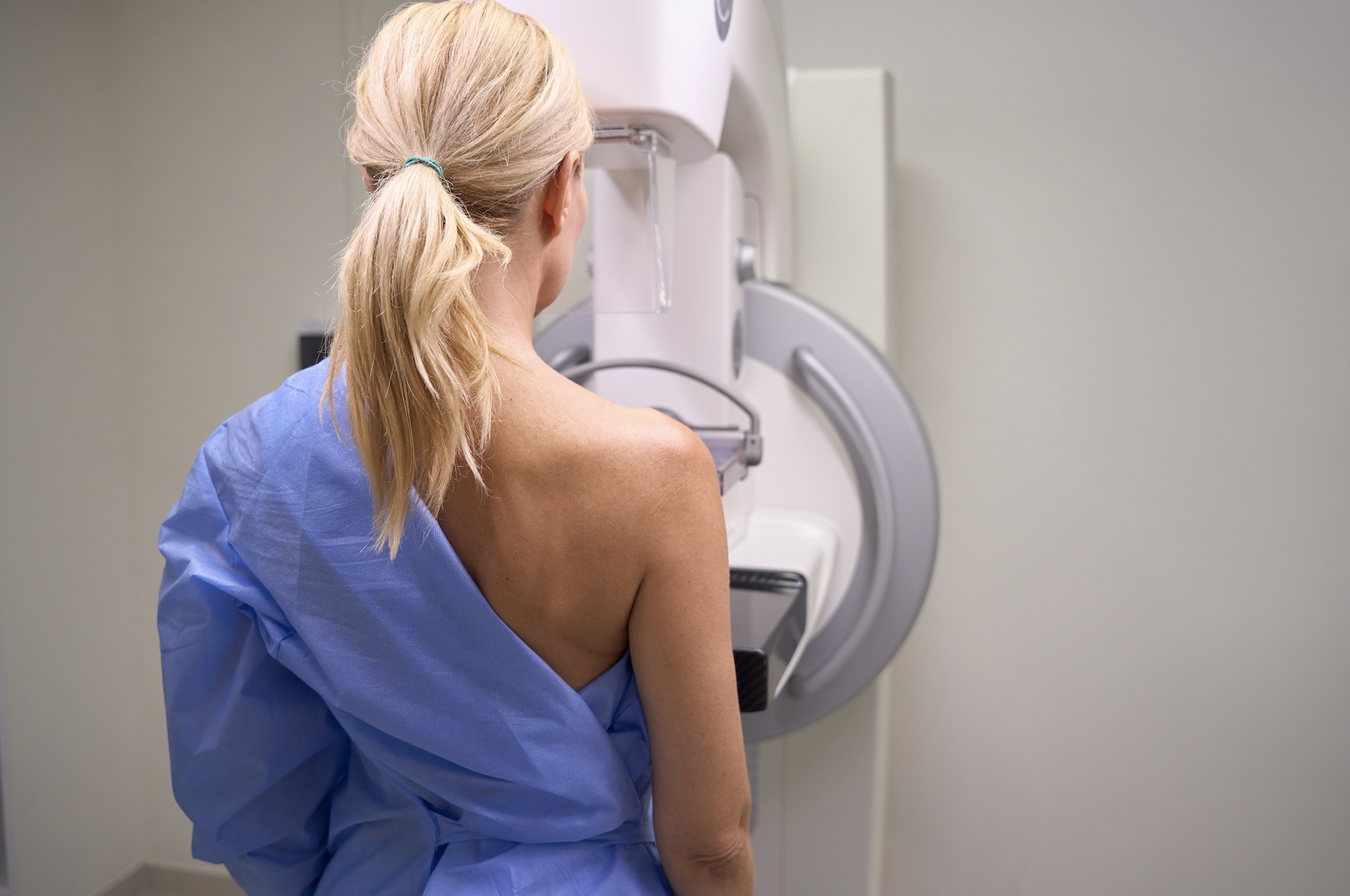
That midnight trek to the bathroom, and then another one an hour later? You’re not alone. Nearly half of all adults over 50 and one-third of people over 30 face this nightly disruption. But just because it’s common doesn’t mean it’s normal.
Why Frequent Urination Happens
Frequent nighttime urination, or nocturia, can indicate an underlying health issue. If you’ve already limited your fluid intake before bed and ruled out medications, it’s time to pay attention. “Waking up more than once a night consistently could signal a medical problem,” said Dr. Marc Winter, medical director, minimally invasive gynecology.
Potential Causes of Frequent Nighttime Urination
Here are some common culprits behind this inconvenient condition:
- Type 2 Diabetes: When your body struggles to manage blood sugar, the kidneys work overtime to eliminate excess sugar through urine. This can lead to increased urination, especially at night.
- Sleep Apnea: This condition disrupts your sleep and oxygen levels, prompting your kidneys to produce more urine as your body tries to balance blood volume and pressure.
- Varicose Veins: Fluid can accumulate in your legs during the day and is absorbed back into your bloodstream at night, resulting in increased urine production as your kidneys process this extra fluid.
- Hormonal Changes: Especially in women, hormonal fluctuations can affect bladder function and increase nighttime urination.
- Bladder Conditions: Conditions like bladder infections or interstitial cystitis can lead to frequent urges to urinate, even during the night.
Symptoms to Watch For
Frequent urination isn’t just about the number of trips to the bathroom. Be on the lookout for these additional symptoms:
- Urgency: A strong need to urinate immediately.
- Incontinence: Involuntary leakage of urine.
- Changes in urine color or odor: Indicating possible infection or other health issues.
Treatment Options
If nighttime urination is affecting your sleep and quality of life, don’t hesitate to consult your healthcare provider. Here are some common treatment options:
- Lifestyle Modifications:
- Limit fluid intake in the evening.
- Elevate your legs during the day to reduce fluid buildup.
- Avoid caffeine and alcohol close to bedtime.
- Medications: Depending on the underlying cause, your doctor may prescribe medications to manage diabetes, sleep apnea, or bladder conditions.
- Pelvic Floor Exercises: Strengthening your pelvic floor muscles can improve bladder control and reduce urgency.
If necessary, your doctor might refer you to a urologist for further evaluation and treatment. Don’t let frequent nighttime urination rob you of restful sleep. It’s essential to address the issue early and explore your options. Schedule an appointment with your Hoag gynecologist to discuss your symptoms and create a tailored plan.
For a list of Hoag gynecologists, please visit www.hoag.org/gynecologists to take the first step toward a healthier, more restful night’s sleep. Remember, understanding the cause is key to finding the right solution.









